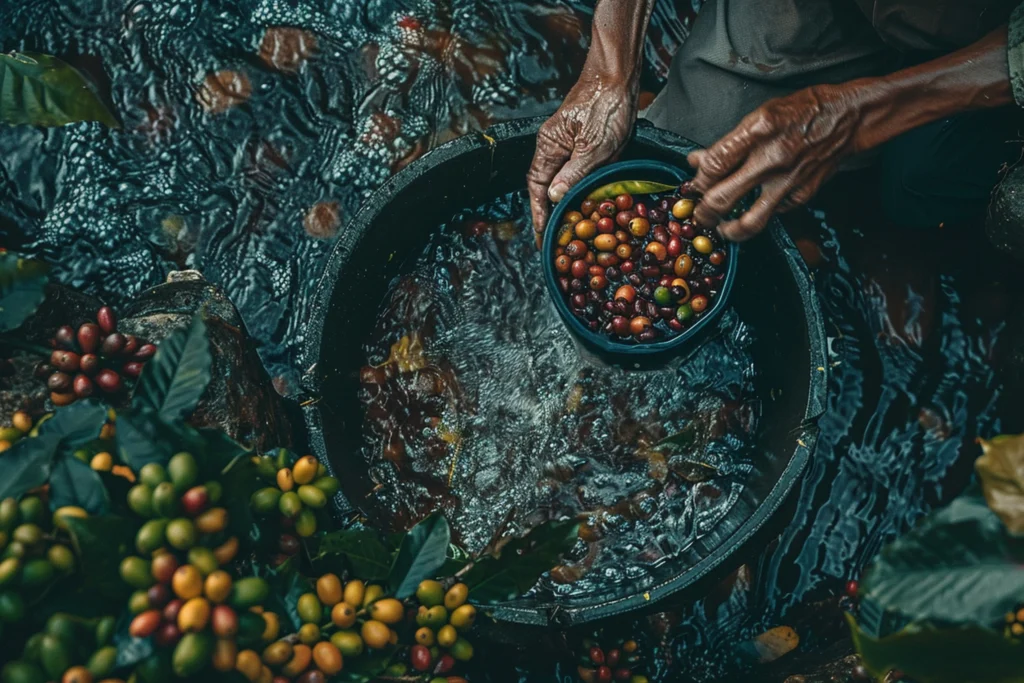Coffee is not just a drink; it is a cultural icon that transcends borders and unites people from various backgrounds. Its journey from a simple berry to a global phenomenon has been shaped by history, tradition, and social interactions. Across the world, coffee plays a significant role in various cultures, rituals, and social gatherings. This article explores the cultural significance of coffee and its impact on societies around the globe.
Coffee and Social Connection
At its core, coffee is a drink that fosters social interaction. Coffeehouses, or cafés, have long served as gathering places where people come together to share ideas, engage in conversations, and build community. The tradition of meeting over coffee can be traced back to the 15th century in the Middle East, where coffeehouses became centers of social life.
In cities like Istanbul, Cairo, and Damascus, coffeehouses provided a space for intellectual discourse and artistic expression. These establishments were not just places to drink coffee; they were venues for debates, storytelling, and performances. The vibrant atmosphere of coffeehouses encouraged creativity and connection, paving the way for cultural movements and social change.
Coffee in Rituals and Ceremonies
In many cultures, coffee is intertwined with rituals and ceremonies that reflect deep-rooted traditions. One of the most notable examples is the Ethiopian coffee ceremony, a significant social event that celebrates hospitality and community. During this elaborate ceremony, green coffee beans are roasted, ground, and brewed in front of guests. The process is often accompanied by the sharing of stories, music, and laughter, creating a sense of togetherness.
Similarly, in the Middle East, coffee is served as a symbol of hospitality. The act of preparing and serving coffee to guests is a gesture of respect and welcome. Arabic coffee, often flavored with cardamom, is traditionally served in small cups, and refusing a cup can be considered impolite. This practice highlights the cultural importance of coffee in fostering relationships and building bonds.
Coffee and Literature
Throughout history, coffee has inspired countless writers, poets, and artists. The ambiance of coffeehouses has provided a backdrop for literary movements, giving rise to iconic works of literature and philosophy. Many famous authors, such as Honoré de Balzac and Franz Kafka, were known to frequent coffeehouses, where they found inspiration and companionship.
The connection between coffee and creativity is evident in the way writers and artists have used coffee as a muse. The stimulating effects of caffeine have been celebrated for enhancing focus and sparking ideas. For many, the ritual of sipping coffee while writing or brainstorming is an integral part of the creative process.
The Globalization of Coffee Culture
As coffee traveled across the globe, it adapted to local customs and preferences, resulting in a diverse array of coffee cultures. In Italy, espresso became a symbol of craftsmanship and sophistication, while in Sweden, the tradition of “fika” emphasizes the importance of taking a break to enjoy coffee and pastries with friends. Each culture has its unique approach to coffee, reflecting local values and traditions.
In recent years, the global coffee culture has continued to evolve with the rise of specialty coffee shops and artisanal roasters. These establishments prioritize high-quality beans, sustainable sourcing, and unique brewing methods. The specialty coffee movement has transformed coffee consumption into a sophisticated experience, with a focus on flavor profiles, origin stories, and brewing techniques.

Coffee as a Cultural Exchange
Coffee also serves as a medium for cultural exchange and understanding. Coffee-growing regions, particularly in Latin America, Africa, and Asia, have rich traditions and histories that contribute to the global coffee narrative. When people enjoy coffee from different parts of the world, they are not just savoring a beverage; they are partaking in a shared cultural experience.
Coffee festivals and events have become popular worldwide, celebrating the diversity of coffee culture. These gatherings provide opportunities for coffee producers, roasters, and enthusiasts to come together, exchange knowledge, and appreciate the craftsmanship involved in coffee production. Such events promote a sense of community and appreciation for the hard work of coffee farmers.
Coffee in the Modern World
In the modern world, coffee continues to be a significant part of daily life for millions of people. It is often associated with productivity and focus, with many individuals relying on their morning cup to kickstart their day. The rise of remote work has also led to an increase in coffee consumption at home, with people creating their coffee rituals to enhance their work-from-home experience.
Moreover, coffee has become a symbol of social responsibility and ethical consumption. The growing awareness of fair trade practices and sustainable sourcing has influenced consumer behavior. People are increasingly seeking coffee that supports fair wages for farmers and environmentally friendly practices, reflecting a desire to make more conscious choices.
Conclusion
The cultural significance of coffee cannot be overstated. It is a drink that brings people together, reflects traditions, and inspires creativity. From the bustling coffeehouses of the Middle East to the artisanal cafés of Europe and the modern coffee shops of America, coffee has woven itself into the fabric of societies around the world.
As we enjoy our daily cup of coffee, let us remember the rich history and cultural importance that this beloved beverage carries. Coffee is not just a drink; it is a celebration of connection, creativity, and community that transcends borders and brings people closer together.
